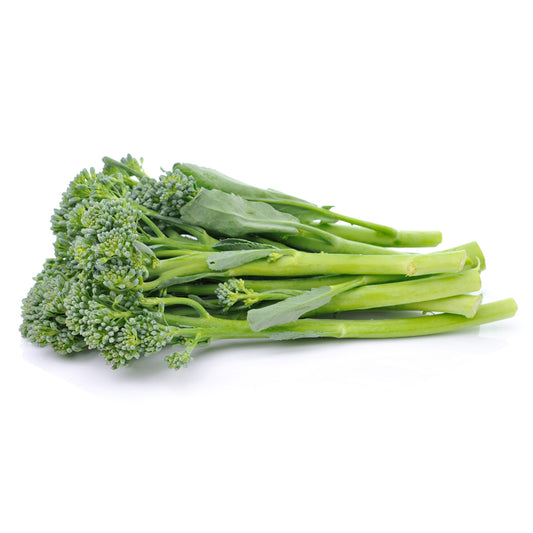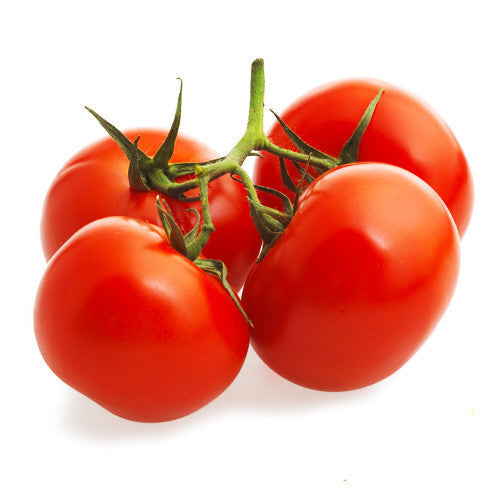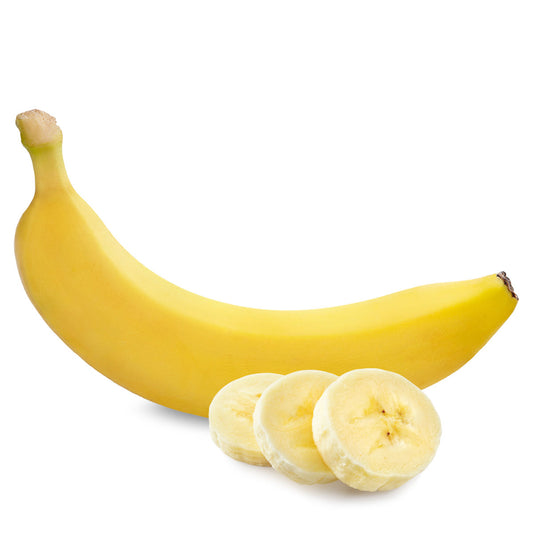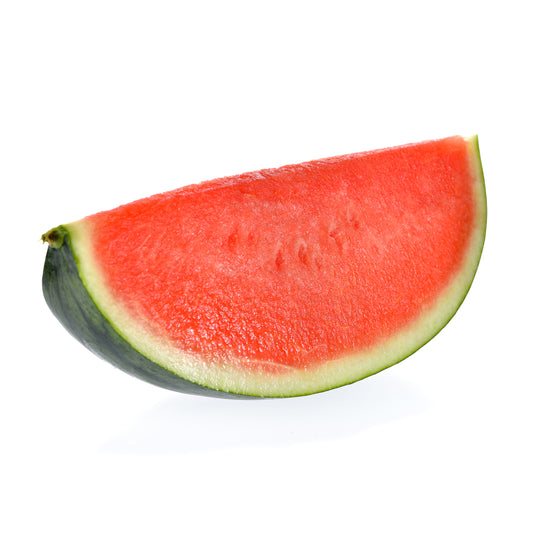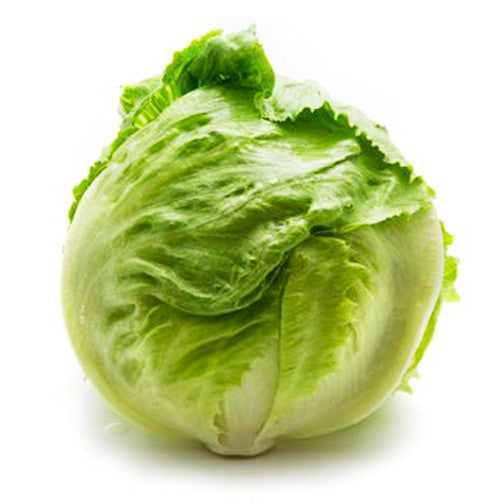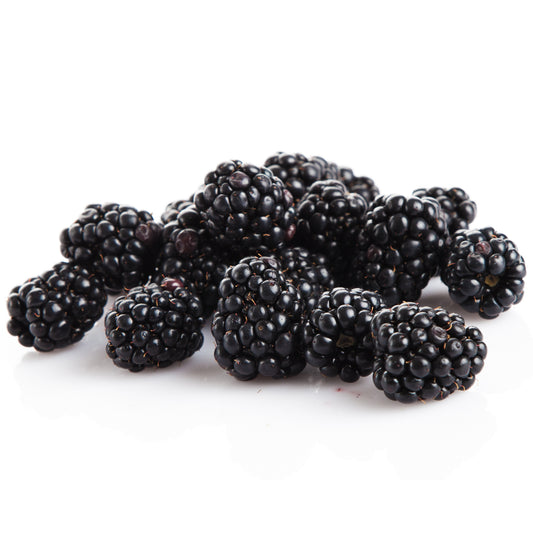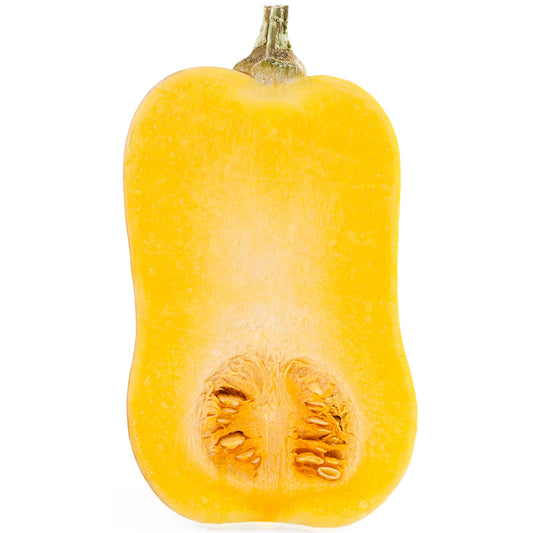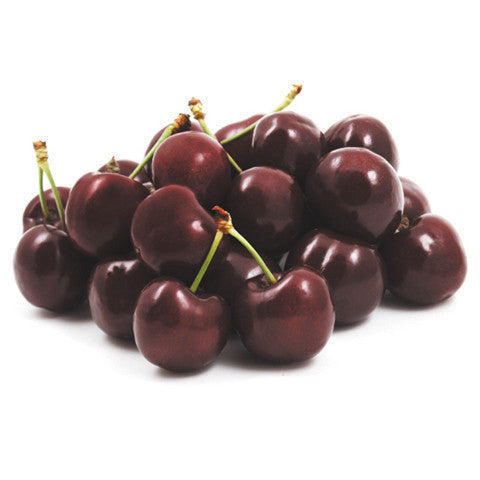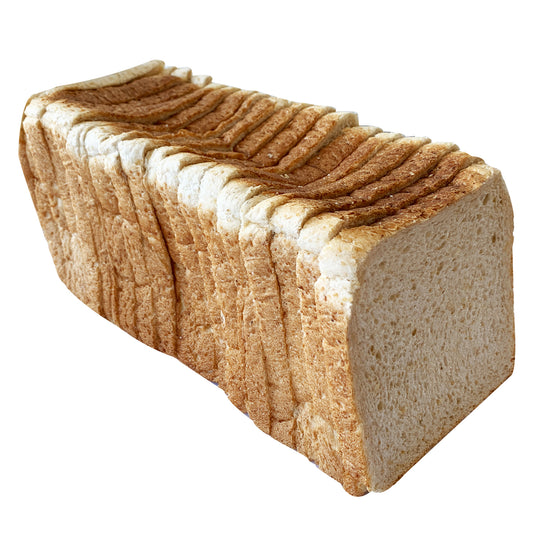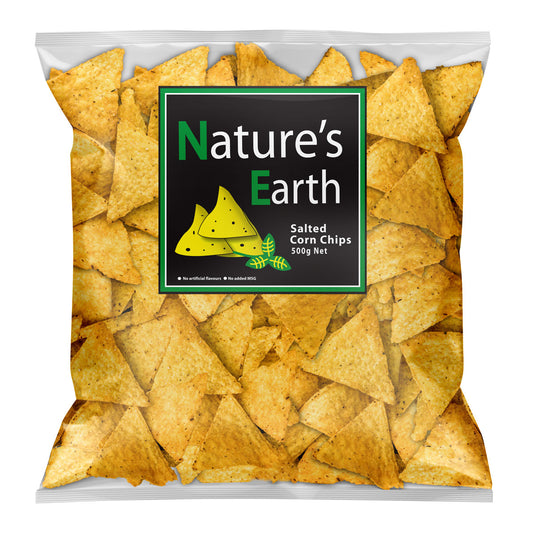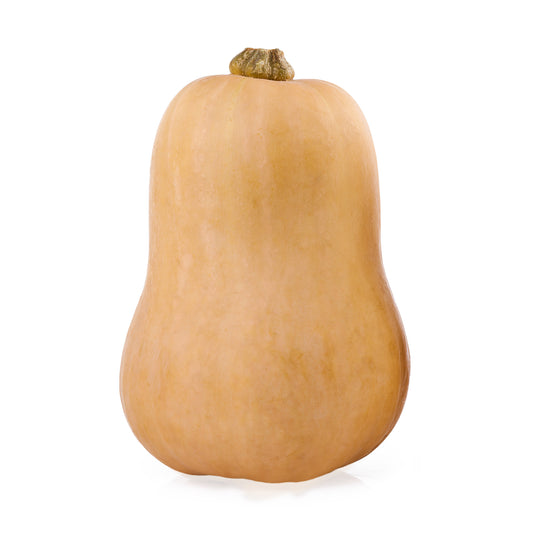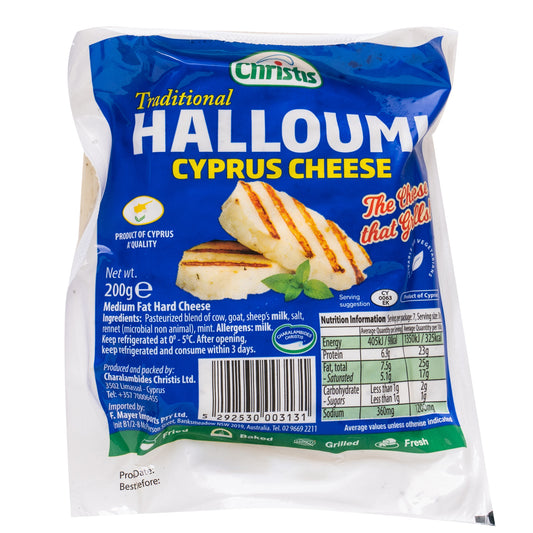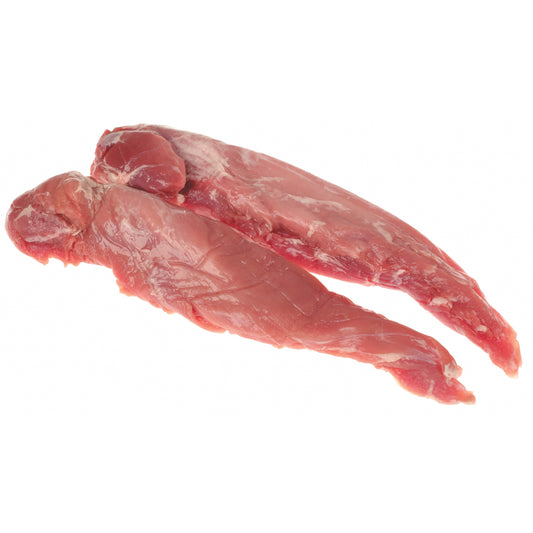
Harris Farm has partnered with Australian Organics for Australian Organic Awareness Month. Supporting local organic growers is something we’re passionate about - it’s better for our health, better for our farmers, and better for the planet. This month, we’ll be sharing delicious organic recipes, great specials on our organic fruit and veg, and stories from the growers themselves.
What is Organic?
Organic products play an integral role in sustainable food systems as we continue our journey to a greener future. Your support is vital. Organic farming works with the environment and focuses on sustainable production practices, soil health, land regeneration and the protection of biodiversity.
When a product is certified organic, it means it has been grown or produced without synthetic fertilisers, pesticides or herbicides and that no artificial colours or preservatives are used in the finishing process. Not only does this mean fewer chemicals in food, it also reduces chemical runoff from farms - better for waterways and local ecosystems. Organic production relies on continually improving soil health and increasing organic matter.
Meat and poultry can also be certified organic. To be certified, animals must roam freely in paddocks, interacting as they would in nature with ample access to pasture, shade and shelter. Diets are natural and free from routine antibiotics and growth hormones.

What does Certified Organic mean in Australia?
The term “certified organic” in Australia carries a consistent, stringent set of criteria that are independently audited across the entire supply chain:
- Sustainability & regeneration: Farming that prioritises soil health and ecosystem regeneration.
- Free‑range, cruelty‑free: Animal welfare standards ensure access to pasture and natural behaviours.
- No GMOs: Certified organic products are strictly free of genetically modified organisms.
- Avoidance of harmful chemicals: No synthetic pesticides, herbicides or fertilisers.
Products are inspected and approved by an independent third‑party certification body against Australian organic standards. Compliance is monitored with annual and random audits.
How organics help the planet
Organic systems nurture living soils that can store more carbon and retain more water. By encouraging biodiversity and minimising synthetic inputs, organic farming supports resilient landscapes and can help reduce the environmental footprint of our food.
New to organics? Check out our Organics Boxes
Dip a toe into organic with curated boxes that make it simple to fill your fridge with the good stuff.

Discover Organic Meal Kits
We’ve made it easier to enjoy wholesome, organic meals at home with our curated organic meal kits. Packed with premium ingredients and easy-to-follow recipes, they’re delicious, nourishing, and great value.


In Season This September
What to cook with right now
Fruit
- Avocado
- Banana
- Lemon
- Lime
- Pears
- Strawberries
- Mandarins
- Watermelon
Vegetables
- Asparagus
- Beetroot
- Broccoli
- Cabbage
- Carrot
- Cauliflower
- Celery
- Corn
- Eggplant
- Lettuce
- Onion
- Parsnip
- Potato
- Pumpkin
- Radish
- Silverbeet
- Spinach
- Sweet Potato
- Tomato
- Zucchini

Join us this September to celebrate Organic Awareness Month. Shop fresh fruit & veg, explore our organic boxes, and discover meal kits that make organic living easy and delicious.

